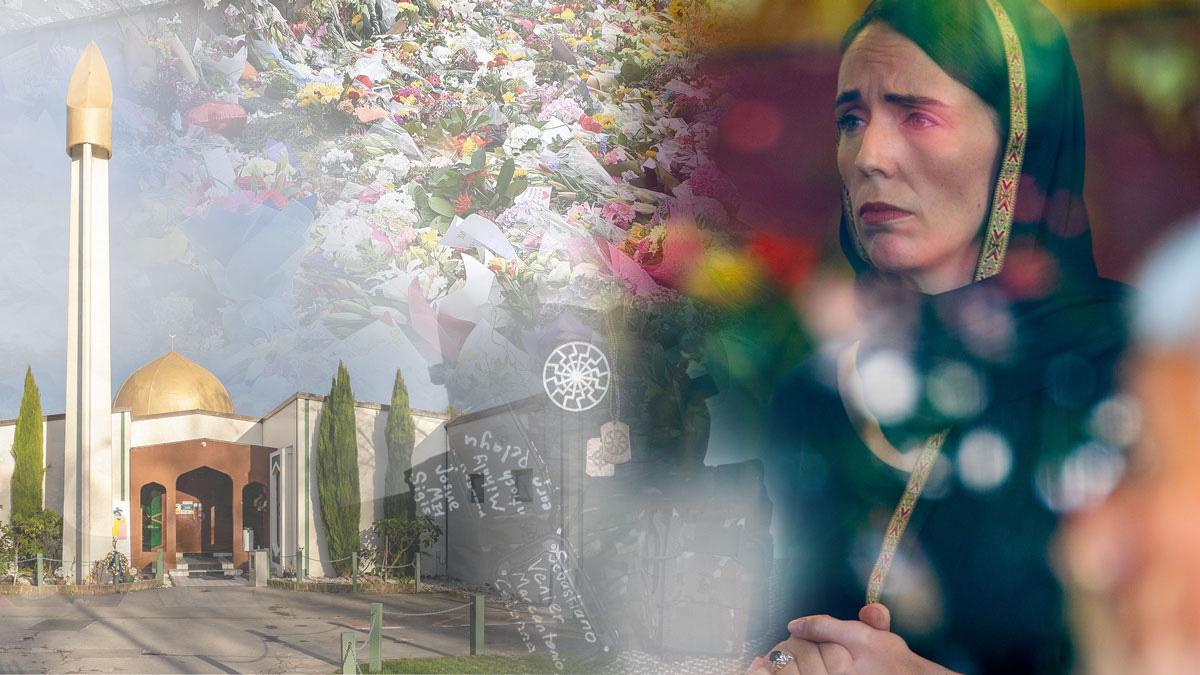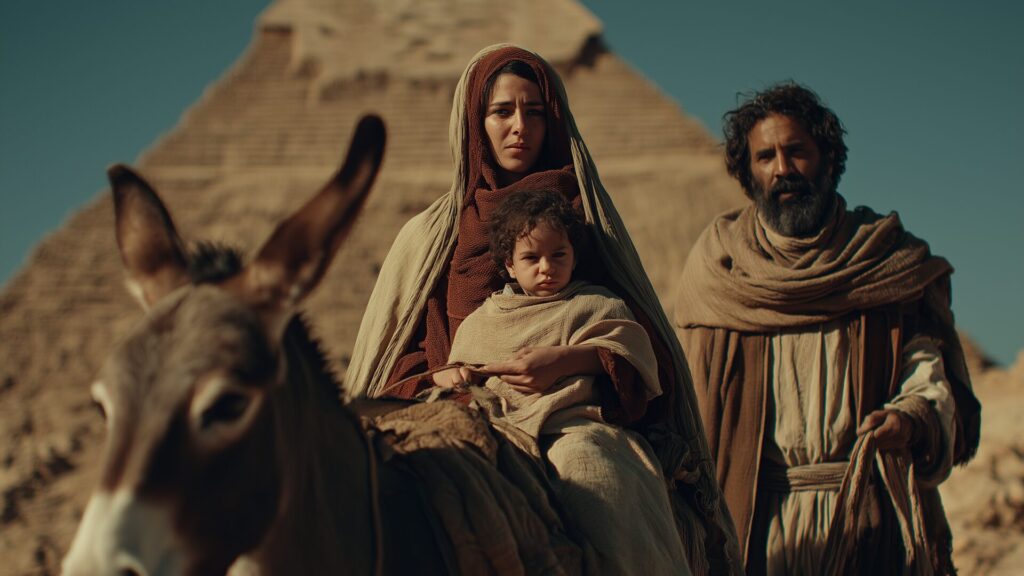The ink had barely dried on our Palmerston North departure papers when my wife and I landed in Christchurch, our hearts filled with anticipation. We’d committed to a two-year endeavour at the Ilam Seventh-day Adventist Church (New Zealand), eager to support its spiritual transition. Little did we know that we would find ourselves in close proximity to a crucible of human darkness and light.
On the chilling afternoon of March 15, 2019, destiny brushed past us in the most haunting way possible. We drove by the Linwood Mosque, a mere half-hour before it would become the backdrop for a catastrophe that forever altered New Zealand’s narrative. The grim tally: 51 souls lost, another 40 wounded. It was a seismic shockwave through the island nation’s consciousness—the deadliest mass shooting in modern Kiwi history.
Our community oscillated between disbelief and devastation in the aftermath, grappling with the reality that such abhorrent violence had erupted in our backyards. The fissures of humanity cracked wide open, revealing both the abyss of human malice and the zenith of human virtue.
Yet, amid these darkest hours, the community around us became a crucible for something extraordinary—the overwhelming outpouring of love, compassion, solidarity, and the fortitude of the human spirit. If one thing stood indelibly clear, it was this: love was manifestly mightier than hate.
As I reflect on this pivotal chapter, five years on, a series of invaluable insights have crystallised:
1. In a world marred by racial divides, discrimination and raw hatred, we must assert that such ills have no sanctuary within the Church—or any society, for that matter. When we show bias towards marginalised communities, immigrants or individuals due to their religious beliefs, skin colour, social status or birthplace, we tarnish the very essence of God’s love (James 2:1). Every human being is imbued with an intrinsic value. This inherent dignity defies any artificial boundaries we may try to impose.
This poignant truth was brought home to me following the Christchurch tragedy when members of the local Adventist community found themselves entangled in a profound moral quandary. The internal debate was unnerving: were we somehow diluting our faith or betraying our heavenly mission by extending compassion and empathy to those outside our Christian community?
The irony is as poignant as it is painful. In aspiring to be an exclusive sanctuary of saints, we risk turning our backs on our divinely mandated role as “the light of the earth” (Matthew 3:13-16). It’s a dilemma that poses a real and urgent threat, not just to our social responsibility but to the core of our spiritual identity.
We must guard against the dangerous illusion of spiritual elitism. If our quest for heaven becomes an inward-looking affair, rendering us blind to the suffering and needs around us, then we have misunderstood the very essence of the gospel. The call to be a lighthouse to the world is not an invitation to shine solely for our benefit; instead, it demands that we illuminate the path for every lost wanderer venturing through life’s storms.
2. In a society where bigotry and hatred are rising, God’s people are expected to be a constant beacon of divine love and compassion. This call to action resonates profoundly in our times, punctuated by horrifying violence and divisive ideology.
The Christchurch tragedy laid bare the nefarious underbelly of extremist ideologies, with white supremacy at its core. The shooter’s manifesto (now rightfully banned) branded non-white immigration and mixed-race unions as existential threats to the European race, advocating ethnic cleansing as the solution. This grim ideology could easily extend its malevolence toward any multicultural or international religious community, including those outside Islam. The destructive narrative turns the spotlight onto us all, questioning the integrity of our tolerance and coexistence.
As Seventh-day Adventists, we’re acutely aware, through our understanding of Revelation 13:15-17, that darker days loom on the horizon. There will come a time when our faith community will be framed as a menace to societal stability and targeted for persecution, even eradication.
But instead of retreating into fortresses of fear, let us interpret this foreknowledge as a clarion call to action. Now, more than ever is the time for the Church to live out its role as the “light of the world”. It’s not just about preparing for heavenly eternity; it’s about making meaningful change here on Earth. As we navigate the complexities of a society riven by division, let us be the force that defies the gravitational pull of prejudice and hate.
Let us ponder afresh the profound duty of becoming the world’s spiritual salt shaker. May our salt not be a mere sprinkle but a gusty storm of seasoning, dissolving the icy walls of prejudice and animosity. Let it enrich the journey towards a tomorrow where love holds sway over hate and empathy dissolves cruelty like salt melts ice.
3. The devastating attack on March 15 serves as a solemn wake-up call, imploring us to sustain a vigilant gaze over our communities. Parents, be mindful of your children’s comings and goings. Take note of any abnormal activities within your church sanctuary or its periphery. No action or behaviour is too inconspicuous to overlook, especially within a space for spiritual solace and reflection.
Should something unsettling cross your field of vision, take immediate action. Begin by informing the spiritual stewards on duty—the deacons, elders or your pastor. If the situation calls for it, escalate the matter to law enforcement. We must be ever-mindful that places of worship can sadly become tempting targets for those seeking to perpetrate evil deeds, be they physical, social, emotional or psychological.
But vigilance doesn’t solely serve as a shield against external threats. There’s an internal application, too. Occasionally, malicious intentions lurk within our congregation itself. These might manifest as attempts to manipulate or exploit the most vulnerable, such as the elderly or emotionally frail.
So, let us transform this dire lesson from Christchurch into a cornerstone of our collective mindfulness. Let’s extend our sense of spiritual watchfulness into comprehensive care for each other’s wellbeing, providing a bulwark against the myriad forms of harm that may assail us.
4. As Jesus instructs us, our love for Him is deeply reflected in how we treat our fellow humans (Matthew 22:37-40). Those harbouring hatred are, in a spiritual sense, complicit in the same sins as the perpetrator of the Christchurch tragedy (1 John 3:15). When we gaze upon a face that differs from our own and think, “This world would be better without you”, we’re committing a silent assassination of the soul, a murder in the metaphysical realm.
Yet, the teachings of 1 Corinthians 13:4-7 serve as our north star. We cannot navigate life’s complex maze with compasses calibrated by prejudice, unfounded judgements or corrosive hatred. Love must be our guiding principle, our true magnetic north. Love celebrates truth, searches relentlessly for the good in others and acts as the great alchemist, transmuting evil into a cause for joy.
So, let us play our parts in this grand symphony of love, each of us a unique note that, when united, produces a divine melody transcending hate and discord. Let love be the crescendo in the music of our lives, drowning out the discordant sounds of intolerance and bigotry.
5. The divine mission of Jesus Christ’s earthly sojourn wasn’t merely a visit—it was an exodus of the heavenly to the temporal, designed to dismantle the barricades that divide us, whether they be made of bricks or biases (Ephesians 2:14). Any animosity we hold against another based on the colour of their skin, the origins of their ancestry or the texture of their traditions is not just an affront to that individual; it is a defiance of God’s grand cosmic choreography (Revelation 5:9,10, 7:9-12, 22:1-5).
Consider it. A tapestry of eternity woven from every hue, every voice, every culture—this is God’s artistry, His celestial vision where diversity doesn’t dilute unity but enriches it. When we stand against another for their uniqueness, we risk disrupting the celestial melody that God is composing for the kingdom in the making. So let us sing to the everlasting beat as diverse yet harmonious voices in God’s cosmic choir, paying tribute to the Maestro who orchestrates our unity.
These sacred lines have sung a new serenade to my soul: Let your love for each other be passionate and all-consuming, for love is the great eraser of countless wrongs (1 Peter 4:8). My singular directive to you is this: love each other as profoundly as I have loved you (John 15:12). In the grand tapestry of existence, the threads of faith, hope and love are woven tightly together; yet love—magnificent and transcendent—is the most luminous strand of all (1 Corinthians 13:13, drawn from the NKJV).
Dr Limoni Manu O’Uiha is the head of theology, Fulton Adventist University College, Sabeto, Fiji.






